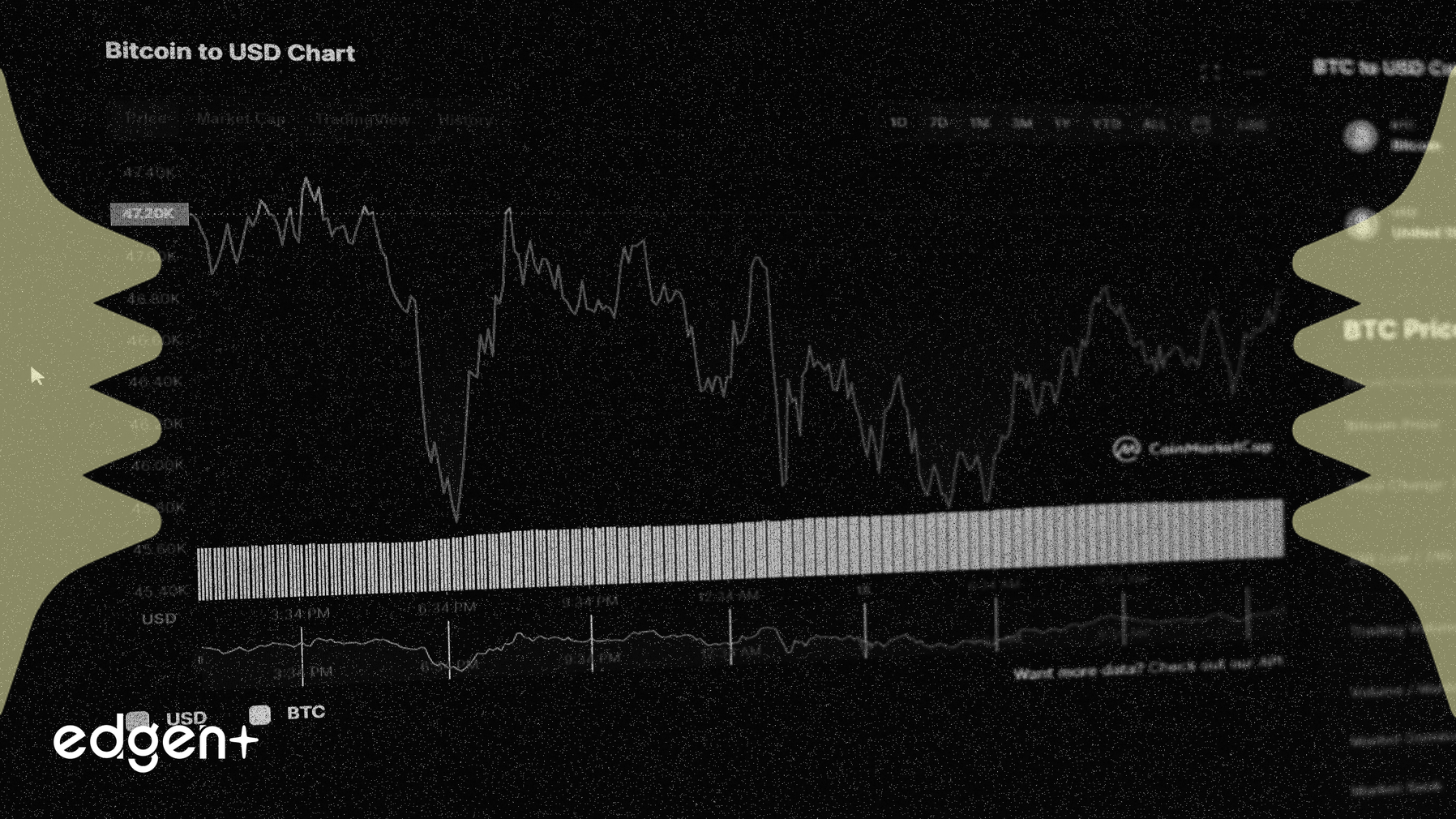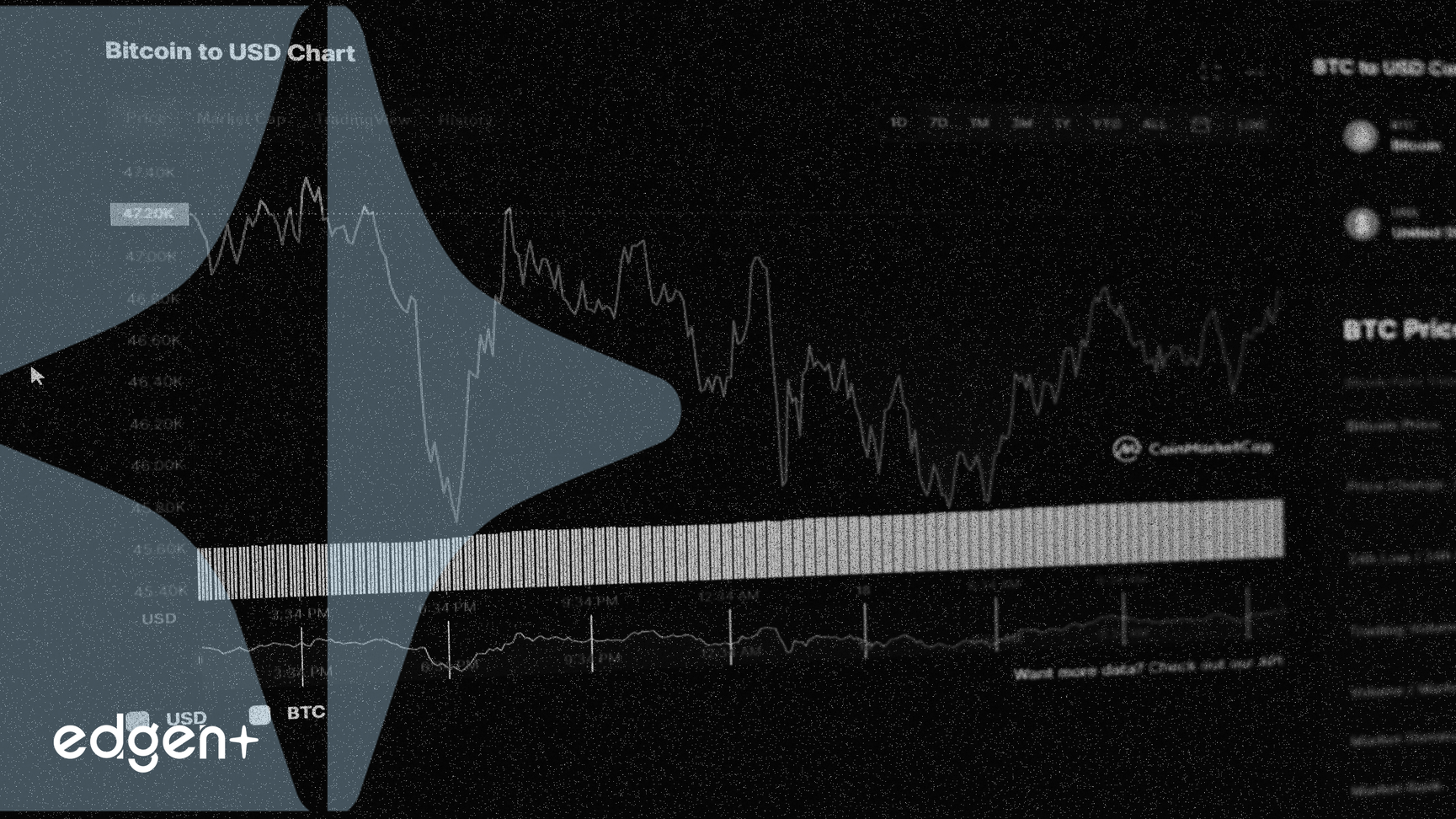GitLab (GTLB) experienced a notable share price decline following its fiscal second-quarter 2026 earnings report, despite surpassing analyst expectations for revenue and earnings. The selloff was primarily driven by the announcement of its CFO's departure and a cautious revenue guidance, leading to a reassessment of its valuation.
GitLab Shares Decline Post-Earnings Amid CFO Transition and Conservative Outlook
GitLab Inc. (NASDAQ: GTLB) experienced a significant post-earnings selloff, with shares dropping approximately 9-10% to around $42.33 in early September 2025. This decline occurred despite the company reporting strong fiscal second-quarter 2026 results that surpassed analyst expectations.
The Event in Detail: Strong Performance Overshadowed
For the quarter ended July 31, GitLab reported revenue of $236 million, a 29% year-over-year increase, exceeding analyst projections of $227.2 million. Adjusted earnings per share (EPS) came in at $0.24, significantly beating the $0.16 expected, marking a 50% earnings surprise. The company also reported a non-GAAP operating margin of 17% and free cash flow of $46 million. Customer growth remained robust, with clients having annual recurring revenue (ARR) above $100,000 growing 25% to 1,344, and total customers with at least $5,000 ARR rising to 10,338. The dollar-based net retention rate stood at a strong 121%.
Despite these positive financial metrics, investor sentiment was negatively impacted by two key factors. Firstly, GitLab announced that CFO Brian Robins would step down on September 19, 2025, to join Snowflake. Robins had been instrumental in driving operational discipline, and his unexpected exit created uncertainty. Secondly, the company provided conservative guidance for Q3 FY26, projecting revenue between $238 million and $239 million, which was below analyst expectations of $241.5 million. While GitLab reaffirmed its full-year FY26 revenue guidance of $936 million to $942 million, this was also slightly below the consensus of $942.9 million, implying a deceleration in growth. However, the company did raise its full-year adjusted EPS guidance to $0.82-$0.83 from $0.74-$0.75.
Analysis of Market Reaction: Conservatism and Leadership Concerns
The market's reaction underscores how leadership changes and cautious outlooks can outweigh strong financial performance, particularly for growth-oriented companies. GitLab has a documented history of providing conservative guidance and routinely outperforming its own projections. For example, in Q2, the company had originally guided for $226-$227 million in revenue but delivered $236 million, a 4% upside from the high end of its range. Similarly, in Q1, actual revenue surpassed guidance. Investor concerns about slowing revenue growth and management transitions appeared to weigh heavily on the stock in the short term, despite the company's consistent track record of exceeding internal forecasts.
Broader Context and Implications: Attractive Valuation and "Rule of 40" Profile
The post-earnings selloff has positioned GitLab at an attractive valuation for some analysts. The stock is now trading at approximately 6x forward revenue. With a market capitalization of $7.07 billion and $1.17 billion in cash (with no debt), the company's enterprise value stands at $5.90 billion. Based on the midpoint of its FY25 revenue guidance of $939 million, GitLab trades at 6.3x EV/FY25 revenue. Against Wall Street's FY26 expectations of $1.14 billion, the stock sits at 5.2x EV/FY26 revenue.
From a business strategy perspective, GitLab operates in the DevOps software space. Its Q2 performance resulted in a strong "Rule of 40" score of 46 (29% revenue growth + 17% operating margin), a key indicator for software companies balancing growth and profitability. This metric positions GitLab favorably compared to competitors such as JFrog, which trades at a higher multiple (approximately 10x forward revenue) despite slower Q2 revenue growth of 23% and lower pro forma margins of 15%.
The broader market context suggests a trend where investors are favoring large-cap technology stocks, leading to potentially stretched valuations in that segment, while small- and mid-cap growth stocks like GitLab are being overlooked. This market pessimism has created an environment where companies demonstrating strong financial health and attractive valuations, like GitLab, are becoming more visible.
Expert Commentary: Upgrade to "Strong Buy"
One analyst upgraded GitLab to a "Strong Buy," citing its "Rule of 40" profile and attractive valuation amid market pessimism. The analyst noted:
"GitLab's post-earnings selloff has rendered the stock very cheap at ~6x forward revenue, which is notable when direct competitors like JFrog trade at higher multiples despite slower growth."
This sentiment underscores the belief that the current dip may represent a buying opportunity for investors focusing on fundamentals and long-term growth.
Looking Ahead: AI Integration and Long-Term Prospects
Moving forward, GitLab continues to focus on its AI-native DevSecOps platform, with the GitLab Duo Agent Platform expected to drive future growth and integrate AI into the software development lifecycle. The company's market positioning as a leader in the DevSecOps category remains strong. While the leadership transition introduced short-term uncertainty, the underlying business fundamentals, consistent customer growth, efficient expense management, and strong "Rule of 40" performance suggest potential for a long-term rebound. Investors will be monitoring the integration of AI capabilities and how GitLab's management continues to navigate its growth strategy and market perception following recent events.



